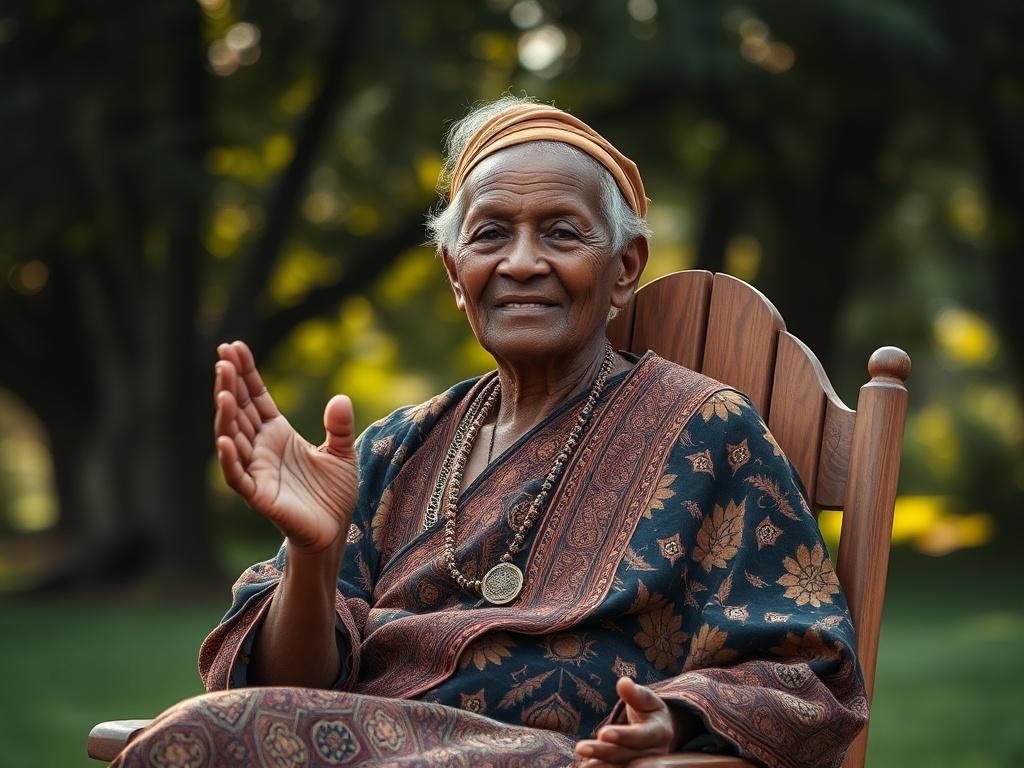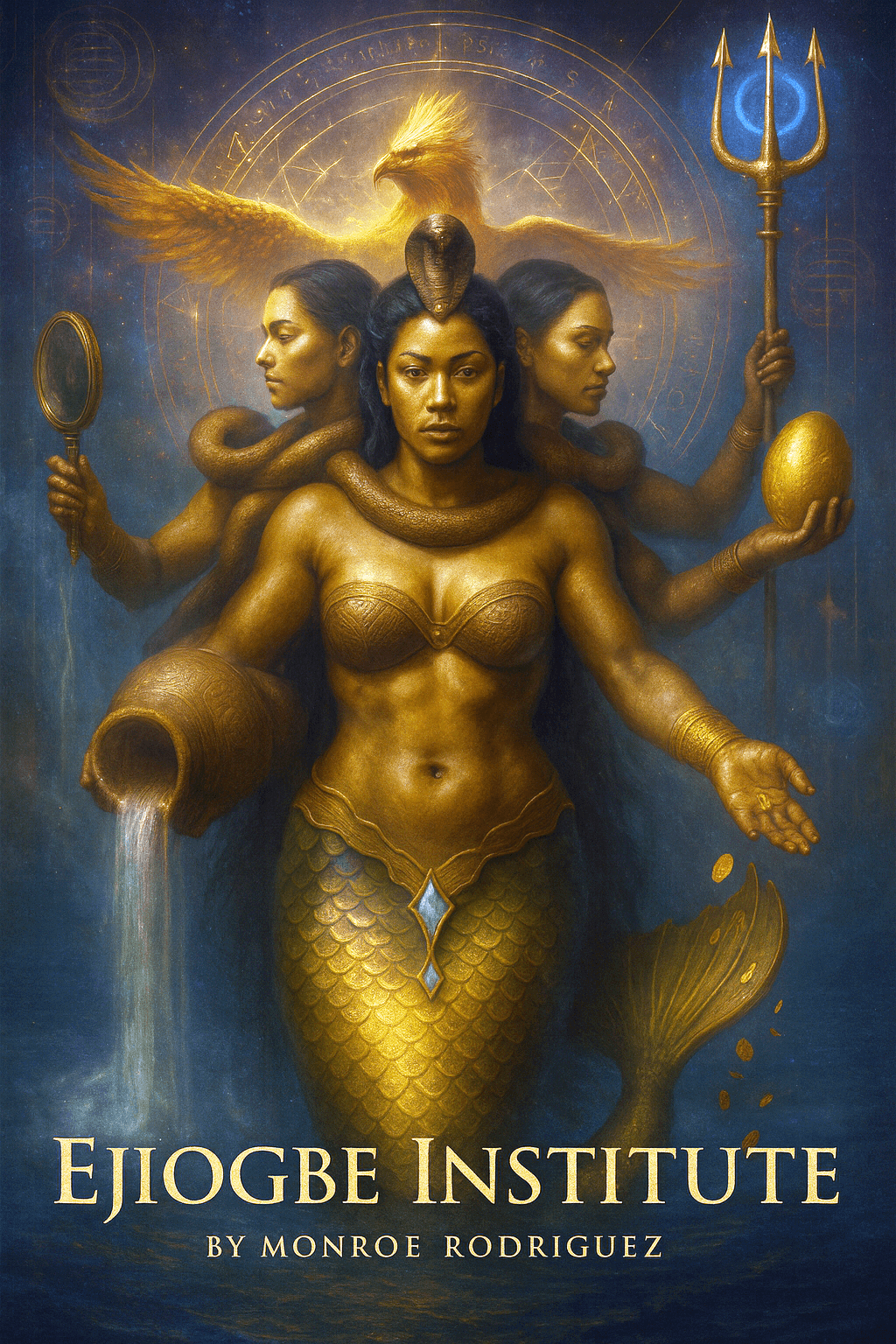
Are Traditional Oral Histories Dead? Why Digital Archives Are Actually Bringing Ancestral Voices Back to Life
The whispers of our ancestors aren't fading into silence: they're finding new life through digital archives that bridge the ancient art of storytelling with modern preservation technology. While some fear that traditional oral histories are becoming extinct in our digital age, the reality tells a profoundly different story: digital archives are actually breathing unprecedented life into ancestral voices, making them more accessible, diverse, and enduring than ever before.
The Great Misconception: Are We Losing Our Stories?
Many people believe that smartphones, social media, and our fast-paced digital world have killed the traditional art of oral storytelling. They imagine elders' wisdom gathering dust in forgotten corners while younger generations scroll through endless feeds, disconnected from their heritage.
This narrative, while emotionally compelling, misses a revolutionary transformation happening right before our eyes. Traditional oral histories aren't dying: they're evolving, expanding, and reaching audiences that previous generations could never have imagined.
The Digital Renaissance of Ancient Wisdom
The field of oral history has experienced one of its most significant paradigm shifts in recent decades, fundamentally reshaping how we collect, preserve, and share ancestral knowledge. Digital technology hasn't replaced traditional oral history practices; instead, it has enhanced and democratized them in unprecedented ways.
High-quality, affordable recording devices: from professional equipment to the smartphone in your pocket: have transformed who can participate in preserving oral history. No longer confined to academic institutions or well-funded organizations, communities worldwide are taking ownership of their narrative preservation.
This shift represents more than just technological advancement. It's a cultural revolution that empowers communities to safeguard their wisdom on their own terms, in their own voices, using tools that previous generations could never access.
Democratizing the Voices of Our Ancestors
Digital archives have torn down the traditional barriers that once limited whose stories could be preserved and shared. Where oral histories were once primarily collected and curated by outsiders: researchers, anthropologists, or institutions: digital platforms now enable communities to become the architects of their own historical preservation.
Second-generation diaspora communities exemplify this transformation beautifully. Across continents, they're creating innovative digital archives of their ancestries, occupying increasing space online and democratizing history by sharing narratives that have long remained on the sidelines. These aren't just academic exercises: they're acts of cultural reclamation and intergenerational bridge-building.
The beauty lies in the authenticity. When communities control their own narrative preservation, the stories remain unfiltered, uninterpreted, and uncompromised by external perspectives. The wisdom flows directly from elder to descendant, maintaining its spiritual and cultural integrity.
Beyond Storage: Creating Living Archives
Traditional preservation methods often resulted in recorded interviews ending up in boxes on repository shelves, where researchers might never discover them. Digital archives solve this accessibility crisis by creating living, breathing repositories where ancestral voices can be heard anytime, anywhere.
These digital preservation efforts capture something that written history cannot: the authentic voice, emotional context, and spiritual essence of lived experience. A recorded oral history represents more than just words on a page: it's a meaningful story expressed by the person who owns that story, complete with inflection, emotion, and the subtle nuances that convey deeper meaning.
When we preserve oral histories digitally, we're not just saving words; we're preserving the soul of the storytelling experience. Future generations can hear their ancestors' laughter, feel the weight of their struggles, and understand their triumphs through the actual voices that lived these experiences.
The Technology That Honors Tradition
Modern digital preservation involves sophisticated approaches to organizing, cataloging, and documenting oral histories through careful metadata management. This systematic approach ensures that ancestral voices remain discoverable and meaningful for future generations while honoring the cultural contexts from which they emerge.
Digital platforms excel at preserving the multiple perspectives that traditional written records often overlook. They create space for diverse testimonies and experiences, helping listeners appreciate different viewpoints while keeping history alive through the voices of those who lived it. This is particularly powerful for honoring voices absent from traditional books and historical records: especially those belonging to minorities, women, and ordinary people whose stories shape the true fabric of our heritage.
The integration of oral storytelling with digital archiving represents a sophisticated marriage between humanity's oldest form of knowledge transmission and cutting-edge preservation technology. It's a approach that respects both the sacred nature of ancestral wisdom and the practical need for long-term accessibility.
Real Impact: Communities Taking Action
Across the globe, communities are embracing this digital renaissance of oral history preservation. Indigenous communities are using digital platforms to ensure their languages and traditions survive for future generations. Diaspora families are creating private digital archives to share stories across oceans and time zones. Religious communities are preserving sacred teachings and prayers in formats that can withstand technological changes.
These efforts aren't just about preservation: they're about connection. Digital archives allow ancestral voices to participate in contemporary conversations, offering guidance and wisdom that remains relevant across generations. They create opportunities for intergenerational dialogue that might not otherwise exist in our geographically dispersed world.
The technology serves the tradition, not the other way around. Each digital archive becomes a sacred space where ancestral voices continue to teach, guide, and inspire, maintaining their spiritual and cultural power while gaining unprecedented reach and permanence.
The Future of Ancestral Voice Preservation
As we look ahead, the potential for digital oral history preservation continues to expand. Artificial intelligence is beginning to assist with transcription and translation, making stories accessible across language barriers while maintaining their original authenticity. Cloud storage ensures that these precious recordings survive technological changes and natural disasters that might destroy physical archives.
The key lies in maintaining the delicate balance between technological innovation and cultural reverence. The most successful digital preservation efforts are those that serve the community's needs while honoring the sacred nature of the stories being preserved.
Companies like Ejiogbe Voices are leading this charge, developing technologies that empower communities to preserve and share their oral traditions while maintaining complete control over their cultural narratives. These platforms recognize that successful digital preservation must honor both the technical requirements of long-term storage and the spiritual significance of ancestral wisdom.
A Living Legacy for Future Generations
Traditional oral histories aren't dead: they're more alive than ever. Digital archives have transformed them from fragile, limited resources into dynamic, accessible treasures that can reach across continents and centuries. They've democratized who can preserve stories, expanded who can access them, and ensured that ancestral voices continue to guide and inspire future generations.
The revolution happening in oral history preservation represents more than technological advancement; it's a cultural awakening that recognizes the irreplaceable value of ancestral wisdom and commits to preserving it for eternity. Through digital archives, we're not just saving stories: we're ensuring that the voices of our ancestors remain active participants in the ongoing conversation of human experience.
Our ancestral voices aren't fading into silence. They're finding new strength, new audiences, and new ways to bridge generations while maintaining their authentic power to teach, heal, and inspire. The future of oral history is brighter than ever, and it sounds exactly like the voices of those who came before us.
